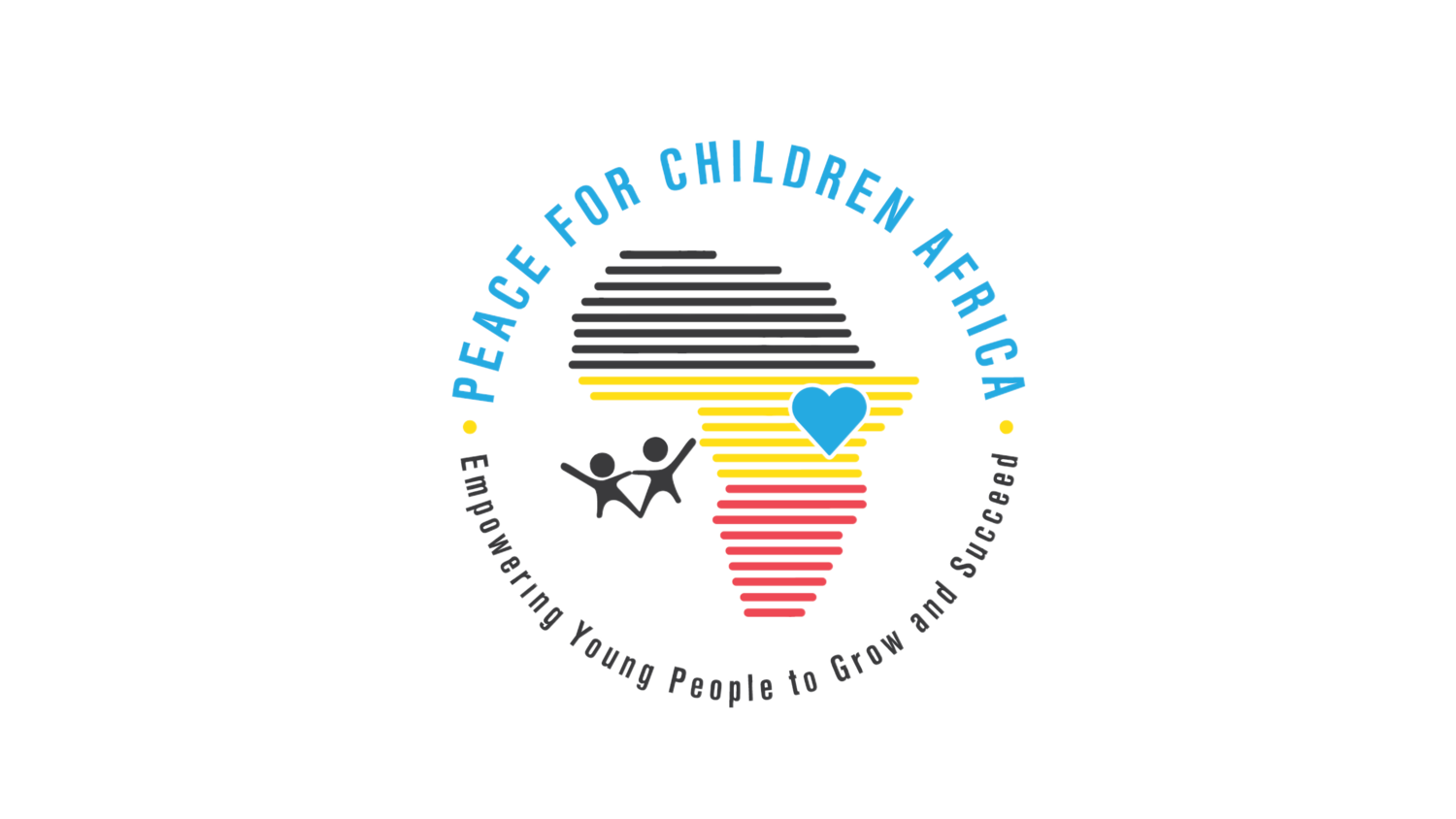Pangawa Village Community Education Project
The Problem
Arua District, Uganda - Google Maps
Pangawa village is a hub for child trafficking and yet it has also become a destination for many refugee children seeking respite from the insecurities in their homes of origin.
Being in the heart of the West Nile; Arua District, Pangawa is bordered by several refugee settlements including the massive Rhino camp. Many refugees migrate into Pangawa seeking education and health services. During the process they are at risk of falling into the hands of traffickers, and many more end up on the streets.
Peace for Children Africa Master Plan - A
Pangawa as a community does not have any school, nor does it have any health center or service provider to assist those in need. The residents must travel many kilometers to the neighboring sub counties to access these services. The long distances de-motivates children and they often drop out of school which also often leads to them living on the streets.
These issues coupled with the high levels of poverty and economic deprivation in the area have left many residents vulnerable and prone to homelessness, poor health, and low standards of living.
Proposed Intervention
PCA is working to construct a primary school, pharmacy, medical clinic, and a sustainable vocational farming project in the village. This project will provide educational services, health services, and livelihood farming skills to the residents of Pangawa village community and the neighboring refugee settlements.
The school will have seven classes ranging though all levels of primary education. Each class will have a carrying capacity of 60 students and shall be registered under the ministry of Education and Sports. The school will also serve as a coordination office for PCA in the West Nile region to expand the programs reach and impact.
The pharmacy and medical clinic will have an outpatient wing for general treatment, a maternity wing, and a restroom. This shall be available for use by both the school and the community at large.
The vocational farming wing will be used as a base to train the community members in modern farming methods. The focus will be on irrigation farming techniques to help the residents carry on with farming activities even in during the dry seasons. PCA is already running farming workshops on the property to train the local community women in these modern farming methods. We are also running entrepreneurship programs and providing assistance in bringing their products to market for poverty alleviation.
Peace for Children Africa Master Plan - B




